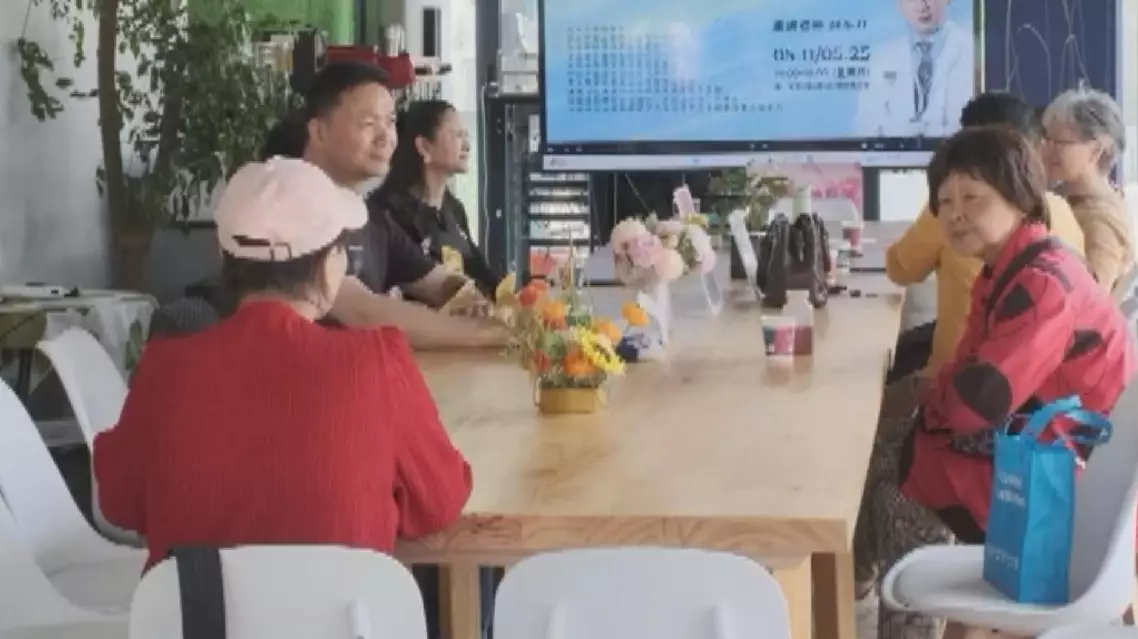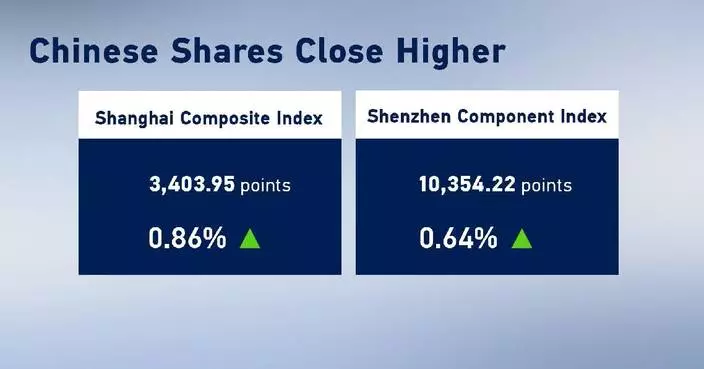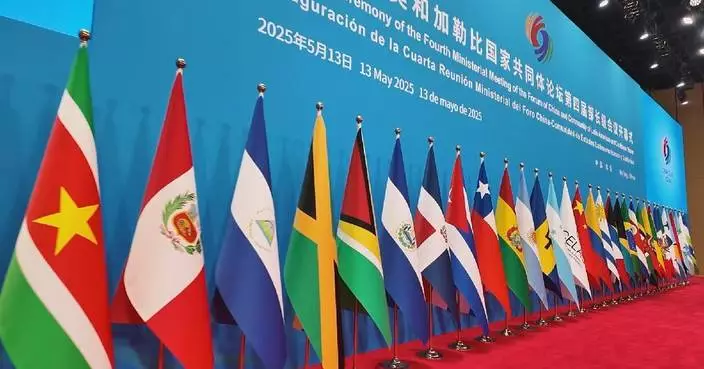Foreign exhibitors at the the 2024 China International Fair for Trade in Services (CIFTIS) are looking forward to the event's next year edition after achieving fruitful results in increasing market share and expanding networking circles.
Buba Batmunkh, a Mongolian exhibitor, expressed hopes to participate in the event next year and expand the exhibition area for his products.
"Just this (Sunday) morning, I met with someone who wants to be the distributor to our Mongolian products in Xiamen. They already have their Xiamen sales channel. It has been very fruitful for us, I didn't make a wrong decision. I'm very happy I participated this year, it has already been very successful in terms of the business cooperation and meeting with people. And I'm looking forward to come next year again. I think if we can, we may make this place bigger," said Batmunkh.
"We have also received a lot of inquiries about high-end technology and new energy in recent days. We also hope to use this platform to reach some future agreements," said Aleksandra Smolak, business development representative of the Polish Investment and Trade Agency.
Khaled Al-Shehhi, chargé d'affaires of UAE Embassy in China, said at the UAE-Beijing Economic Forum on Friday that the fair will deepen bilateral relations and explore new areas of cooperation.
"The CIFTIS serves as a platform to elevate cooperation between our two countries to new heights and to strengthen investment exchanges that will benefit our two countries and friendly peoples," said Al-Shehhi.
This year's CIFTIS was held in Beijing from Sept 12 to 16. Over 200 well-known domestic and foreign companies participated both online and offline, showcasing cutting-edge technologies, products, and innovative solutions.

Foreign exhibitors look forward to next year's CIFTIS
As China's elderly population grows, shopping malls in Shanghai have actively adapted part of their services to cater to the needs and preferences of elderly consumers, tapping into silver-haired consumer market.
This trend reflects the city's efforts to enhance elderly care services amid the population aging. By the end of 2023, people aged 60 and older reached 5.68 million in Shanghai, representing a whopping 37.4 percent of the city's total population.
A shopping mall on the downtown Nanjing East Road pedestrian street has opened a dedicated club for senior citizens, offering a diverse range of activities from the operation of health workshops to traditional handicraft classes.
"I gain a lot every time I come here. I can participate in various club activities and also exchange knowledge and everyday life hacks with others," said Fu Meilin, an elderly resident.
The mall houses nearly 60 time-honored brands, along with dining and entertainment options suited to senior citizens.
Another business district in Shanghai's Putuo District has adopted a different approach, focusing on attracting retirees during weekdays while catering to younger shoppers on weekends.
Restaurants offer affordable off-peak meal deals priced under 100 yuan (about 13.88 U.S. dollars), attracting a large number of senior customers.
To ensure a convenient and enjoyable shopping experience for the elderly, many shopping malls have conducted age-friendly renovations, including providing comfortable seating areas, accessible restrooms, and consumer guidance services for the elderly shoppers.
Driven by the population aging, China's "silver economy" has shown vast growth potential, with the market currently estimated at around seven trillion yuan and projected to reach a 30 trillion yuan by 2035.

Shopping malls in Shanghai adapt to cater to growing 'silver economy'






















































